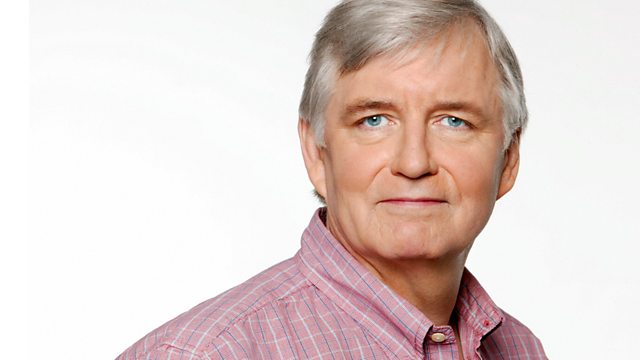The Future For Stem Cells and The Science of Smoking
Geoff Watts reports on the latest stories from the world of science and technology. Including a report on new research on producing human stem cells which could signal the end of embryonic stem cells.
The Future For Stem Cells
Two research teams, one in Japan, the other in the United States, have independently succeeded in producing human stem cells using a new method that doesnβt first require the creation of a cloned embryo. Could this new work signal the end of embryonic stem cells and the controversy that goes with them?
Climate Change and World Food Production
Up to now, scientists believe that world food production will be largely protected by the negative effects of climate change such as soaring temperatures, by the increased amount of carbon dioxide in the atmosphere, which helps plants to photosynthesise. However, as Sue Broom discovers, new research out in the field is showing just the opposite, dramatically lowering crop yields by more than 20 percent.
The Egg and Sperm Race
Itβs always been assumed that in the womb, itβs the fastest fittest sperm that reaches the egg first. But new research from the University of Sheffield has shown for the first time that female mammals are able to change the bio-chemical environment within the womb and βchooseβ which sperm are likely to succeed. Could this have profound consequences for the success rate of IVF?
The Science of Smoking
The ends may justify the means in business or politics but not in science, argues Mike Siegel, a Professor of Public Health in Boston. In his column for Leading Edge, he condemns anti-smoking groups for misrepresenting the science in order to promote policies to have smoking banned in all public places, inside or out.
Last on
Broadcast
- Thu 22 Nov 2007 21:00ΒιΆΉΤΌΕΔ Radio 4

